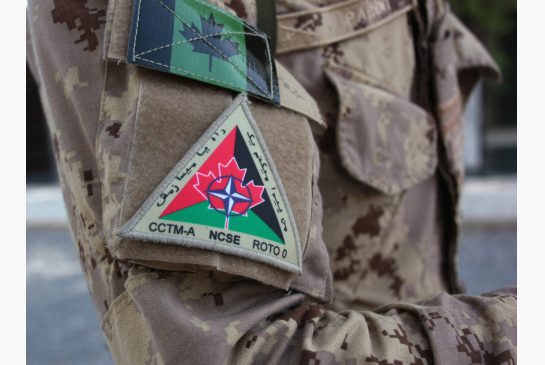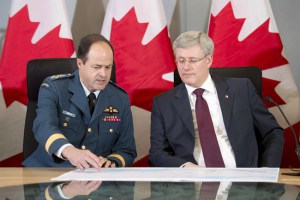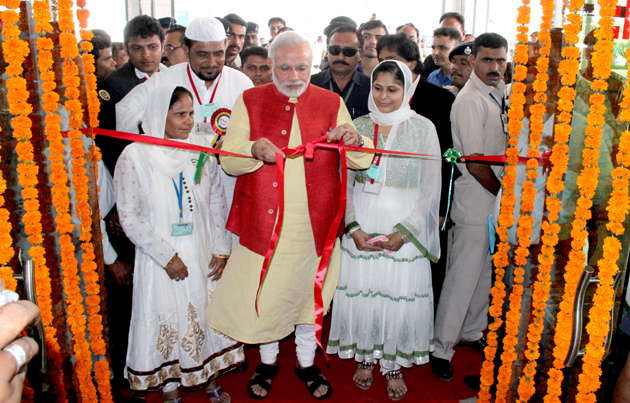
“Is Canada Pulling Its Weight in NATO?” is the question that Roland Paris, of the Centre for International Policy Studies at the University of Ottawa, asked at the beginning of May 2014. Paris’ criticism on Canada’s overall contributions to NATO operations is valid: Canada’s defense expenditures have decreased consistently since 2010 and the percentage of GDP that Canada has invested in NATO has always been less than the NATO-wide target of 2%.
Despite these numbers however, Canada has been an active contributor to NATO operations. Canada has been involved in every NATO operation since the Alliance’s inception. As a member of these operations, Canada has incurred the costs of deployment to each of these operations as per the NATO funding structure. Since 2001, Canada’s voluntary operations through NATO have included missions in Afghanistan, in Libya, participating in Operations Allied Provider (counter-piracy) and Active Endeavour(monitoring the Mediterranean), as well as maintaining its presence in the Balkans. Canada has taken an active role in NATO by contributing personnel and equipment, and therefore significant finances, to these regions. In Afghanistan, Canada commanded the International Security Assistance Force (ISAF) in 2003,contributing over 40,000 personnel and more than 22 billion dollars. In Libyaover 600 Canadians took part in Operation Mobile in which Canadian pilots flew hundreds of reconnaissance missions while the HMCS Charlottetown provided much-needed cover for minesweepers off Misrata. Furthermore, Canada was one of the first states to send military aid to respond to the crisis in Ukraine, in the form of six CF-18 fighter jets and 50 personnel that serve to enforce the message that “Canada is willing to stand with NATO and that NATO is standing up against Russia.

Strictly speaking, Paris is correct in saying that Canada does spend less than 2% of its overall GDP on defense expenditures, the 6th lowest of NATO member countries. The numbers also show, however, that Canada is responsible for 5.9% of the overall contribution to NATO Common-Funded Budgets and Programmes. Assuming that the US continued to maintain its 21.7% of the overall contribution to these projects, an equal distribution by the remaining 27 members states would be 2.9%. With Canada contributing 5.9%, evidently there are other countries in the Alliance that are contributing less than equal amounts to NATO. Perhaps in answer to Paris’ question, Canada is, after all, “pulling at least its own weight” in the Alliance in comparison to these other countries, providing the 6th highest overall contribution to these projects.

Canada’s financial and military contributions to NATO are not unimpressive. They are greater than those of most other states in the Alliance and represent Canada’s commitment to NATO and to its own defense and security vis-à-vis the Alliance. Just as importantly as actually providing these contributions however, is what Canada does with these contributions. Comments made by Foreign Affairs Minister John Baird indicate that Canada’s military contributions to Ukraine in particular serve to “support the Ukrainian people as they move towards elections to establish a peaceful government that respects their democratic rights.” Canada’s exertion of hard power diplomacy in the Ukraine is indicative of the diplomatic efforts that Canada is making as a member of the NATO Alliance. These diplomatic efforts, on behalf of NATO as a whole, make Canada’s military and financial contributions more significant, given the seemingly Clausewitzian foreign policy agenda.
Canada may never be a Germany, a France, or a UK. Canada may never have the same military capabilities, or even the same population base from which to draw. It cannot, therefore, be compared to these states in terms of overall percent contributions. While it remains concerning that Canada’s defense expenditures have dropped significantly and will continue to do so as the Federal Government aims to balance the budget, it is unfair to say that Canada is not “pulling its weight”. If Canada continues to cut military spending and its overall contributions to NATO decrease further, then it will be necessary to reevaluate Paris’ question. For the time being, however, it is important to examine the effectiveness of Canada’s own contributions, both financial and military, as well as the diplomatic effects of these contributions. Even more importantly, in fact, it is necessary to question Canada’s overall role in NATO, and the purpose of the Alliance itself.




